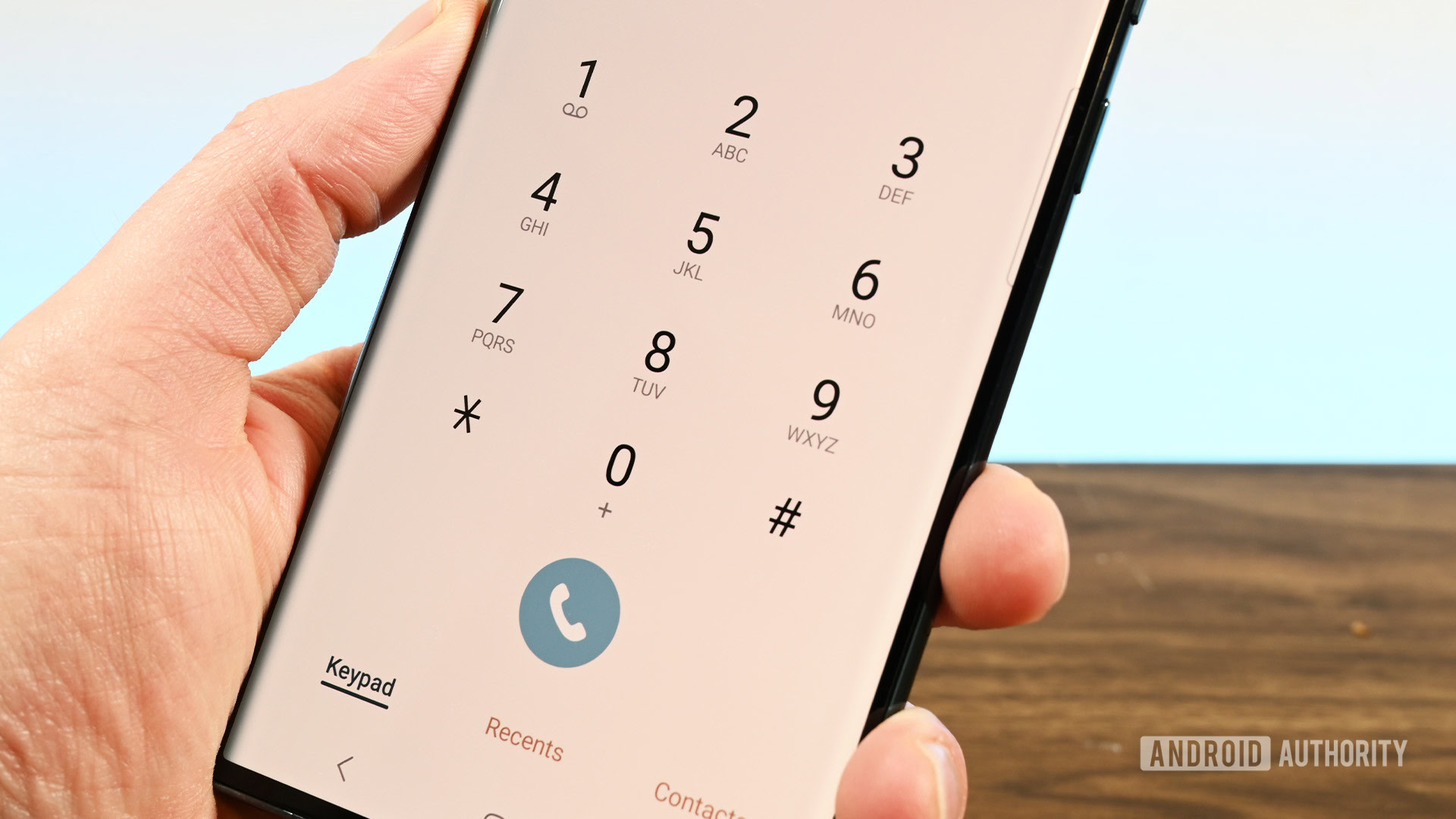Affiliate links on Android Authority may earn us a commission. Learn more.
Google is about to make life more difficult for custom ROM fans
Published onJune 14, 2023

- Google has quietly deprecated support for the Dialer and Messaging apps in AOSP.
- This means brands need to use their own apps or Google’s latest phone and messaging apps.
- This news could also be a blow to the custom ROM community.
The Android Open Source Project (AOSP) is the foundation of Android today, being an open-source version of the platform that’s maintained by Google. This version of Android also ships with a variety of open-source apps, but it turns out that Google is killing support for two of these apps.
OS News noticed that Google had deprecated support for the Dialer and Messaging apps in AOSP, and we were able to confirm this on the Android Code Search directory.
Google left the following message for the Dialer and Messaging apps in the directory:
This app is not actively supported and the source is only available as a reference. This project will be removed from the source manifest sometime in the future.
The good news is that this shouldn’t affect the vast majority of consumers. Many brands either have their own phone and messaging apps or rely on Google’s newer, closed-source phone and Messages apps. However, this does mean upstart mobile brands can’t use the older, open-source apps. Instead, they’ll need to license Google’s new apps or invest in creating their own apps.
What does this mean for Android tinkering?
Google’s decision to deprecate the AOSP Dialer and Messaging apps is also a blow to the tinkering community. Custom ROM developers might need to develop their own phone and texting apps or could be forced to use older versions of the AOSP apps. But sticking with these unsupported apps isn’t a long-term solution owing to security concerns and the fact that newer Android versions eventually won’t support them.
The issue could also affect so-called Generic System Images (GSIs), which are basic versions of Android for testing and validation. GSIs are available with and without Google services, so it stands to reason that versions without Google support will eventually lack a phone and messaging app (or ship with older, unsupported versions).
This news serves as perhaps further evidence of AOSP’s reduced significance, as Google seeks to tie more and more previously open-source features behind its own proprietary frameworks and services.
We’ve contacted Google for confirmation of the changes and will update the article if/when the company gets back to us.